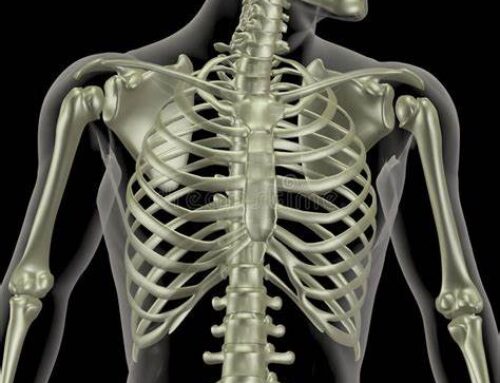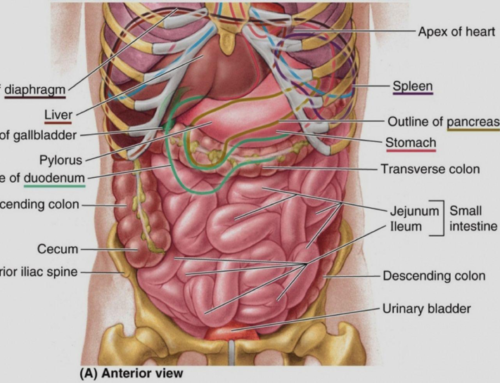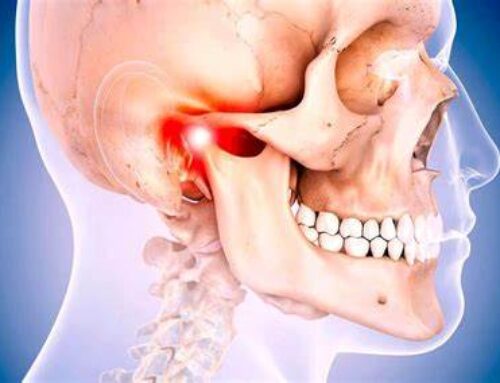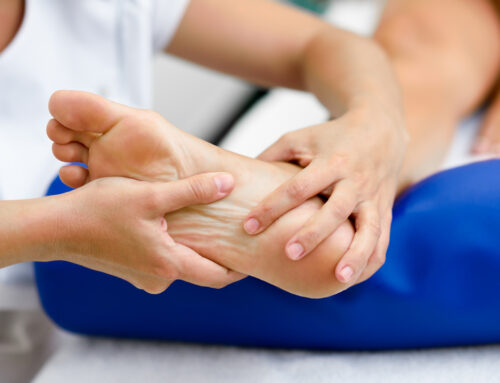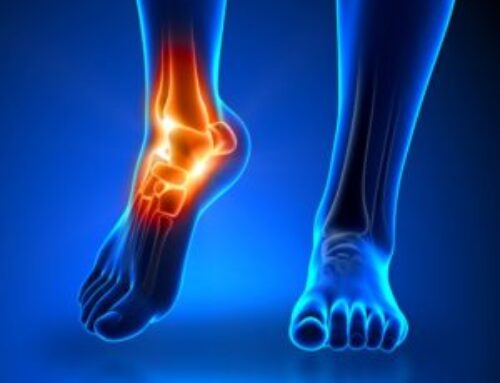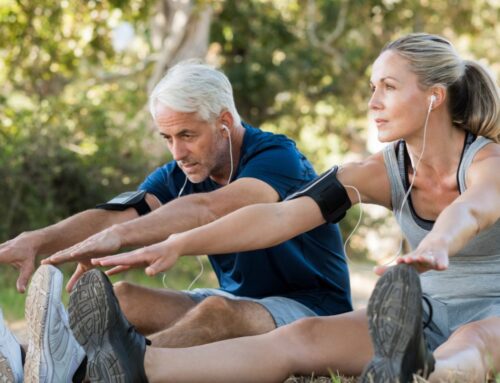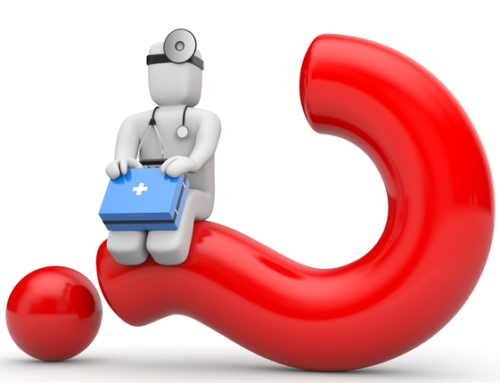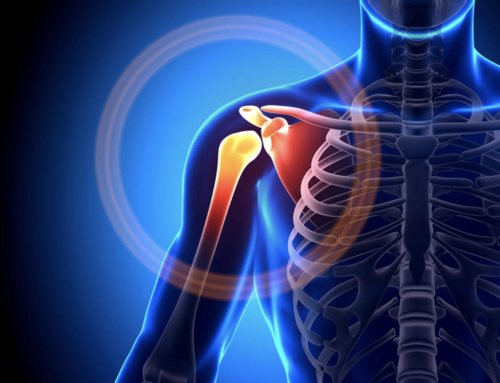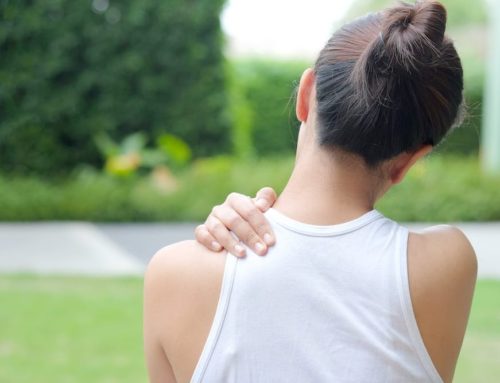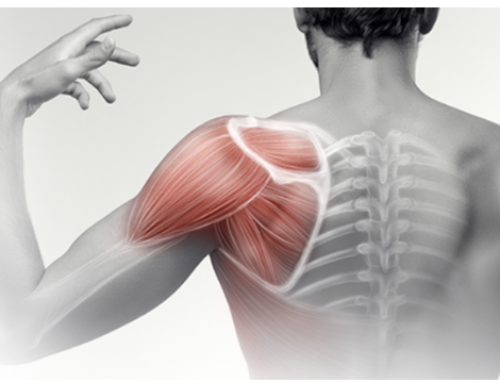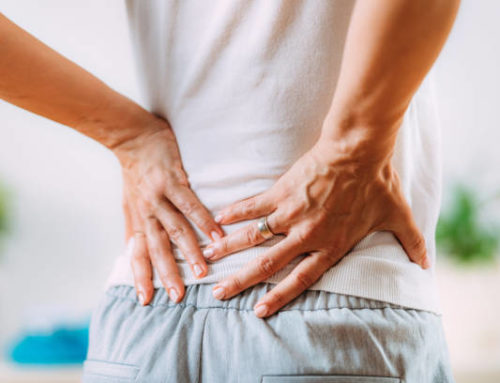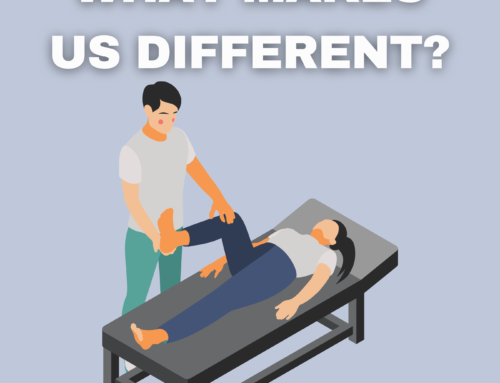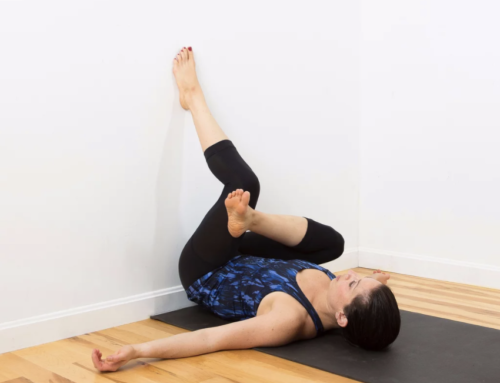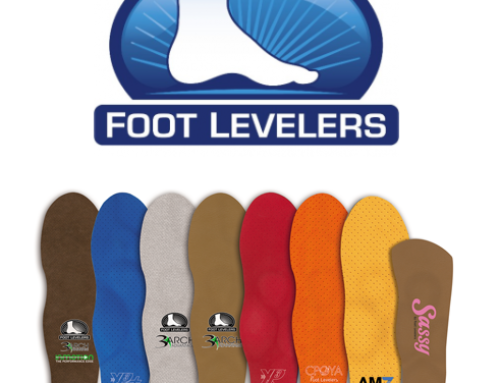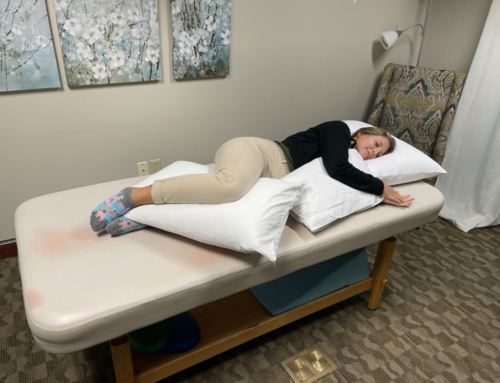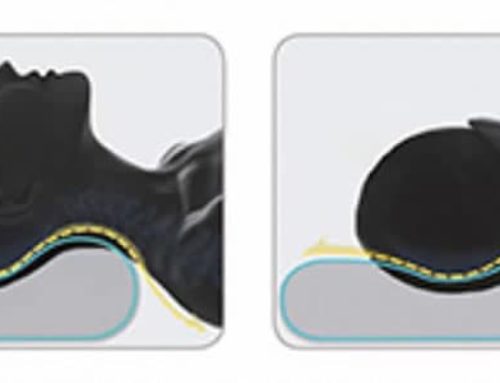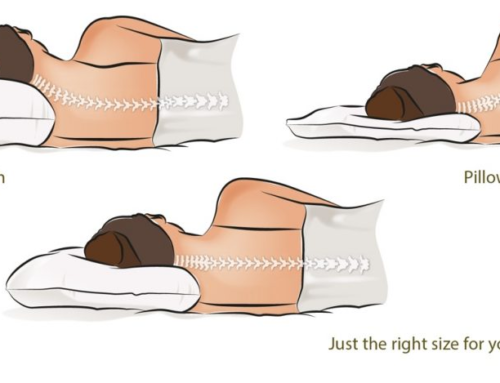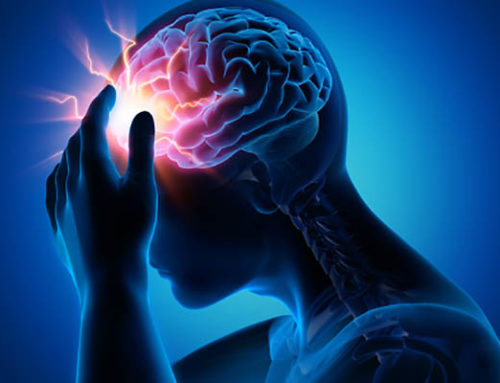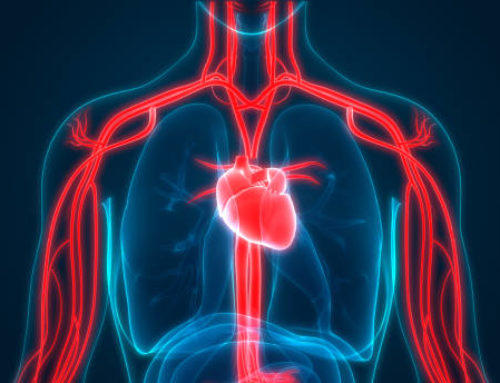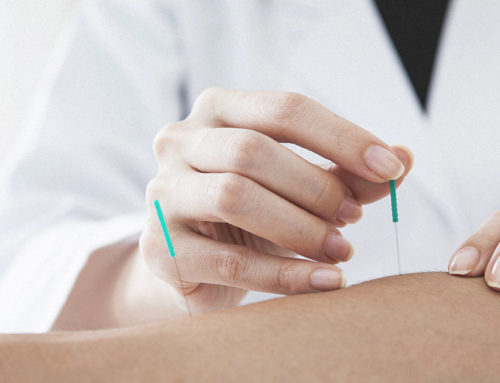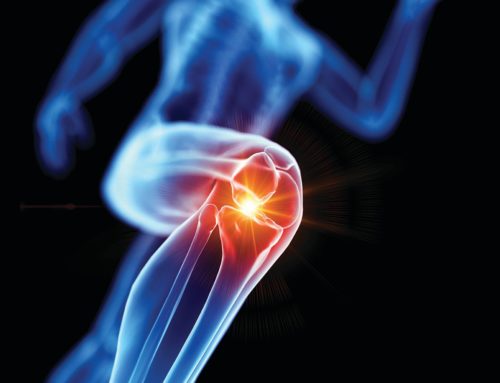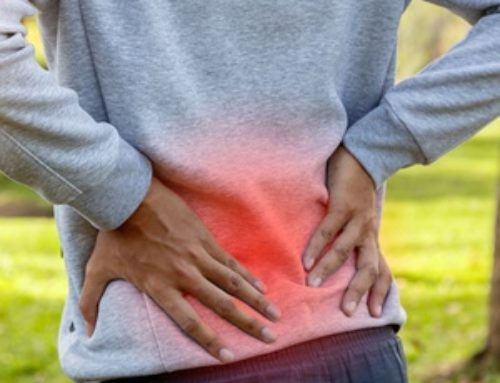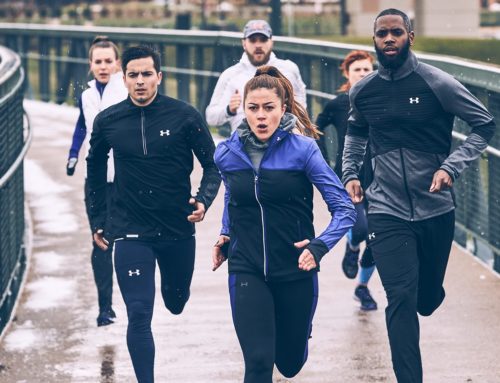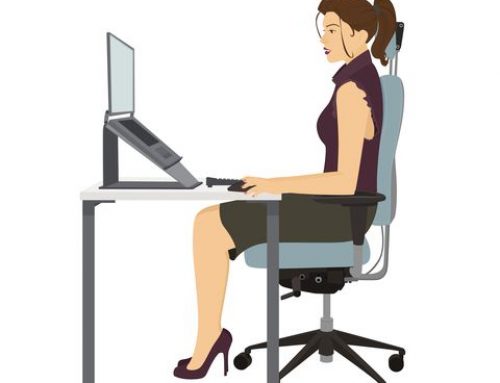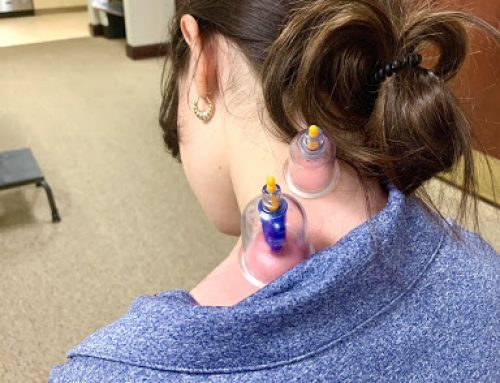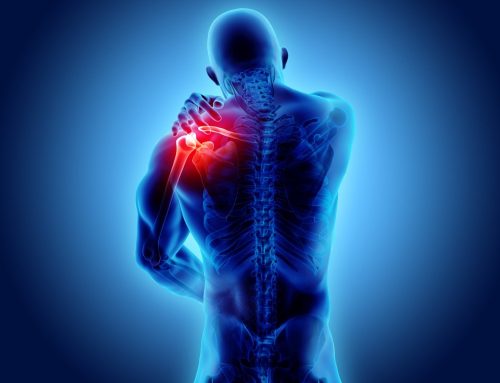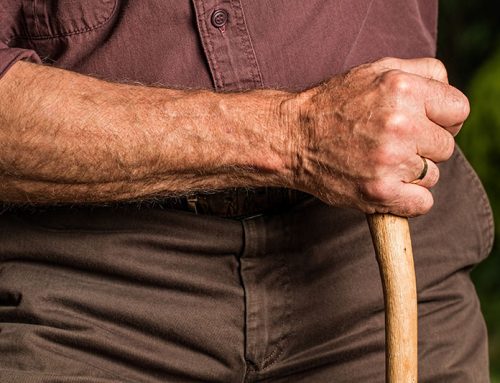Does lifting your arm overhead cause you pain?
Has anyone told you it might be a Rotator Cuff issue?
Here are some quick facts about the shoulder and the rotator cuff.
The shoulder joint is composed of 3 bones including the humerus, scapula (shoulder blade), and clavicle (collarbone). The shoulder is a ball and socket joint in which the humerus sits in the shallow socket of your shoulder blade. The job of the rotator cuff is to help lift, rotate, and stabilize the arm.
The rotator cuff is composed of 4 muscles that help stabilize the shoulder. These muscles include 2 external rotators (infraspinatus, and teres minor), 1 abductor (supraspinatus), and 1 internal rotator (subscapularis). These muscles are active during most shoulder activities in order to help stabilize the shoulder.
What does a Rotator Cuff injury look like?
Common signs and symptoms include:
Pain at rest and at night when lying on the affected side
Pain with lifting your arm or lowering your arm
Weakness with lifting your arm
Crackling sound and pain when moving your arm in certain position
What causes Rotator Cuff tears?
Rotator Cuff tears can be caused by acute injuries or they can be caused by chronic issues. Acute injuries such as a fall on an outstretched arm or heavy lifting activities are usually associated with a severe intense pain. Chronic injuries are usually caused by repetitive stress, lack of blood supply, or bone spurs. Repetitive stress such as overhead activities are the most common cause of rotator cuff injuries. People over the age of 40 are at the highest risk for rotator cuff injuries.
So what happens if you have a rotator cuff tear?
There are surgical and non-surgical options for treatment. The choice of treatment options depends on several factors such as the size of the tear, age, and mechanism of the injury itself. Most of the time, non-surgical options are preferred prior to any surgical treatments. The earlier the problem is addressed, the better chance that non-surgical options will be successful.
At John Goetze Physical Therapy, we focus on the non-surgical options including improved shoulder joint accessory mobility and improved rotator cuff strength and endurance. We use a variety of mobilization techniques to improve your function and to ensure a long term solution to the problem. If you believe that you have a Rotator Cuff issue, we can help! Contact us today at 904-280-2001.
Reference: American Academy of Orthopaedic Surgeons






